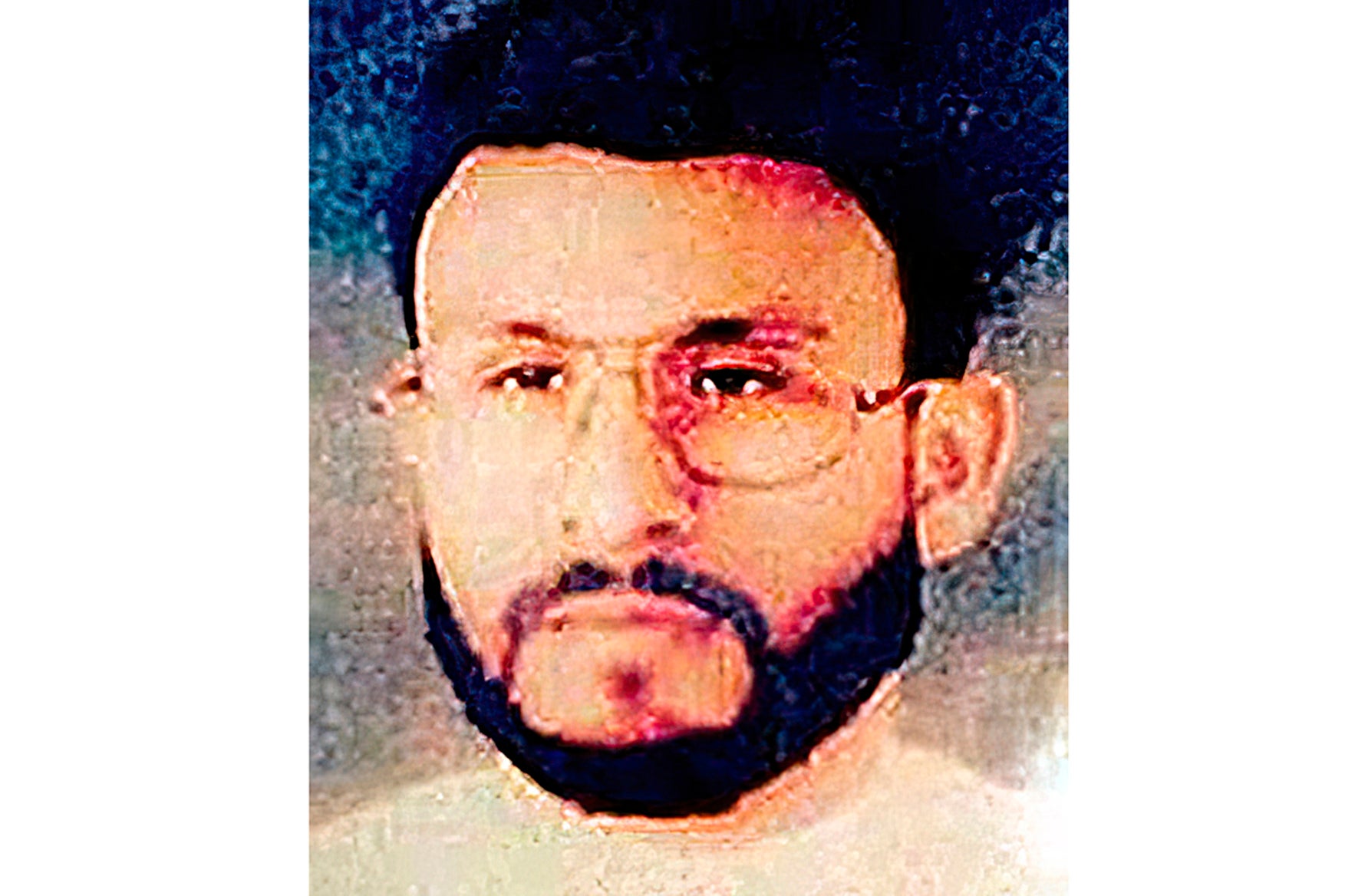High court to hear Guantanamo prisoner's state secrets case
The Supreme Court is set to hear arguments about the government’s ability to keep what it says are state secrets from a man tortured by the CIA following 9/11 and now held at the Guantanamo Bay detention center

Your support helps us to tell the story
From reproductive rights to climate change to Big Tech, The Independent is on the ground when the story is developing. Whether it's investigating the financials of Elon Musk's pro-Trump PAC or producing our latest documentary, 'The A Word', which shines a light on the American women fighting for reproductive rights, we know how important it is to parse out the facts from the messaging.
At such a critical moment in US history, we need reporters on the ground. Your donation allows us to keep sending journalists to speak to both sides of the story.
The Independent is trusted by Americans across the entire political spectrum. And unlike many other quality news outlets, we choose not to lock Americans out of our reporting and analysis with paywalls. We believe quality journalism should be available to everyone, paid for by those who can afford it.
Your support makes all the difference.The Supreme Court is set to hear arguments about the government's ability to keep what it says are state secrets from a man who was tortured by the CIA following 9/11 and is now held at the Guantanamo Bay detention center.
At the center of the case being heard Wednesday is whether Abu Zubaydah, who was captured in Pakistan in 2002 and thought at the time to be a high-ranking member of al-Qaida, can get information related to his detention. Zubaydah and his lawyer want to question two former CIA contractors about Zubaydah's time at a secret CIA facility in Poland where they say he was held and tortured.
A federal appeals court sided with Zubaydah, and said that though the government maintained that the information should be kept secret, a judge should determine whether any information he is seeking can be disclosed.
The case has its origins in the aftermath of the Sept. 11 attacks when the CIA set up a detention and interrogation program designed to collect intelligence about terrorist plots against Americans. As part of that program, the agency set up secret prisons, so-called black sites, in other countries and used extreme interrogation techniques now widely viewed as torture.
Zubaydah, the first person in the CIA program, spent four years at CIA black sites before being transferred to Guantanamo Bay in 2006. According to a 2014 Senate report on the CIA program, among other things Zubaydah was waterboarded more than 80 times and spent over 11 days in a coffin-size confinement box.
He's seeking information from former CIA contractors James Mitchell and John “Bruce” Jessen, who are considered the architects of the interrogation program.
Zubaydah wants evidence from them as part of a criminal investigation in Poland into his detention at a black site there. The U.S. government has never publicly acknowledged a CIA black site in Poland, though the former president of Poland has and its existence has also been widely reported in the media.
Zubaydah and his attorney note that Mitchell and Jessen have testified twice before in other situations, including hearings at Guantanamo, and that Mitchell wrote a book about his experience. They say they want nonprivileged information from the men such as the details of Zubaydah's "torture in Poland, his medical treatment, and the conditions of his confinement.”
The Biden administration, like the Trump administration before it, says the information should not be disclosed because it would do significant harm to national security. The United States has declassified a significant amount of information about the former CIA program but certain information, including the locations of former CIA detention facilities, can’t be declassified without a risk to national security, the administration says.
A federal court initially ruled that Mitchell and Jessen shouldn't be required to provide any information. But an appeals court ruled 2-1 that the lower court made a mistake in ruling out questioning entirely before attempting to separate what can and can't be disclosed.
In its briefs before the Supreme Court the government says Zubaydah was “an associate and longtime terrorist ally of Osama bin Laden.” Zubaydah's lawyers say the CIA was mistaken in believing he was a high-ranking member of al-Qaida.